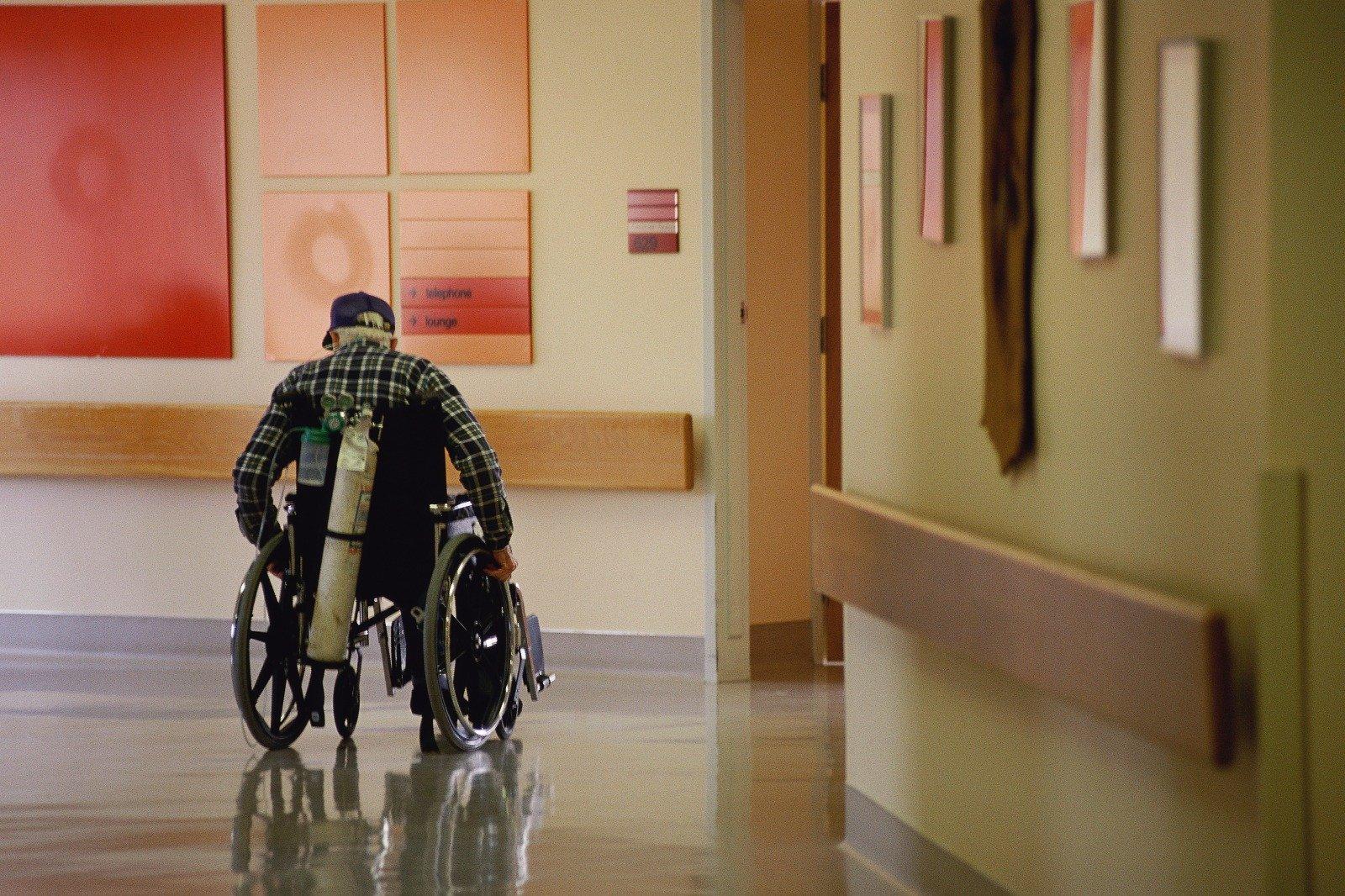Table of Content
Following is a joint statement issued by Long Term Care Community Coalition and the Center for Medicare Advocacy on current financial troubles and turmoil in the nursing home industry. The statement is also available at https://nursinghome411.org/ltccc-comments/.
Joint Statement on Turmoil in the Nursing Home Industry
January 2019—The nursing home industry is facing tremendous turmoil because some operators are undertaking risky financial deals in an attempt to squeeze out larger profits from their nursing homes, even when these deals could potentially harm residents. The recent collapse of several nursing home chains around the country also raises serious concerns about the quality of states’ licensure processes and the industry’s ability to meet the care needs of a vulnerable population.
In a recently published article, The Washington Post examined the impact that a private-equity firm had on one nursing home chain. After the Carlyle Group bought HCR ManorCare, the number of health deficiencies at the chain “each year rose 26 percent between 2013 and 2017.” During this period, the Carlyle Group sold ManorCare’s real estate empire for about $6.1 billion dollars, in an arrangement which then required to the chain to pay rent to the new owners. Unable to pay the escalating rent, the chain was forced into bankruptcy in 2018.
ManorCare’s financial troubles are not isolated. Other nursing home chains have collapsed as a result of risky financial decisions and poor management. Skyline Healthcare’s nursing homes in several states were taken over through receiverships and rapid-fire sales after poor management placed residents in danger. The Kansas City Star noted that “[a]nalysts and industry insiders say state regulators should have known Skyline was biting off more than it could chew . . . the company was struggling to pay its bills in other states even before it moved into Kansas . . . .” Skyline acquired many of its facilities from Golden Living, another nursing home chain that was sued by the Pennsylvania Attorney General in 2015. According to The Philadelphia Inquirer, the lawsuit stated that “Golden Living was guilty of deceptive advertising in Pennsylvania in that it promised decent care but did not deliver it.”
Such examples of risky financial arrangements and poor management are in addition to cases of related-party transactions which can siphon money away from resident care. The New York Times explained that “owners of nursing homes outsource a wide variety of goods and services to companies in which they have a financial interest or that they control.” The article added that nearly three-quarters of nursing homes in the U.S. employ such practices and that these nursing homes tend to “have fewer nurses and aides per patient, they have higher rates of patient injuries and unsafe practices, and they are the subject of complaints almost twice as often as independent homes.”
Nursing home residents need to be protected from bad actors who place their lives in danger. States must develop, implement, and enforce better policies and procedures for reviewing operating licenses to make sure existing operators with a history of providing poor care cannot expand their operations and that new operators are thoroughly vetted. Additionally, medical loss ratios should be implemented across the industry to limit profits and administrative costs. Without proper oversight and accountability, resident care will continue to take a backseat to “profits.”
For additional information and resources, please visit
www.nursinghome411.org and www.medicareadvocacy.org.
Long Term Care Community Coalition
www.nursinghome411.org
One Penn Plaza, Suite 6252
New York, NY 10119
United States



